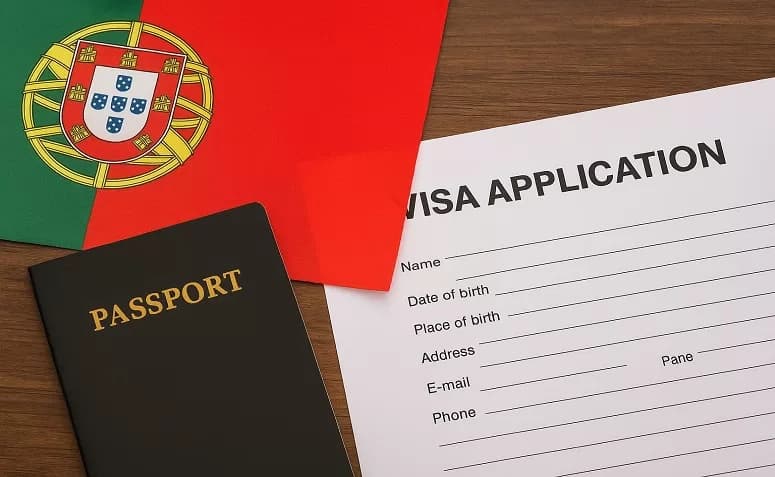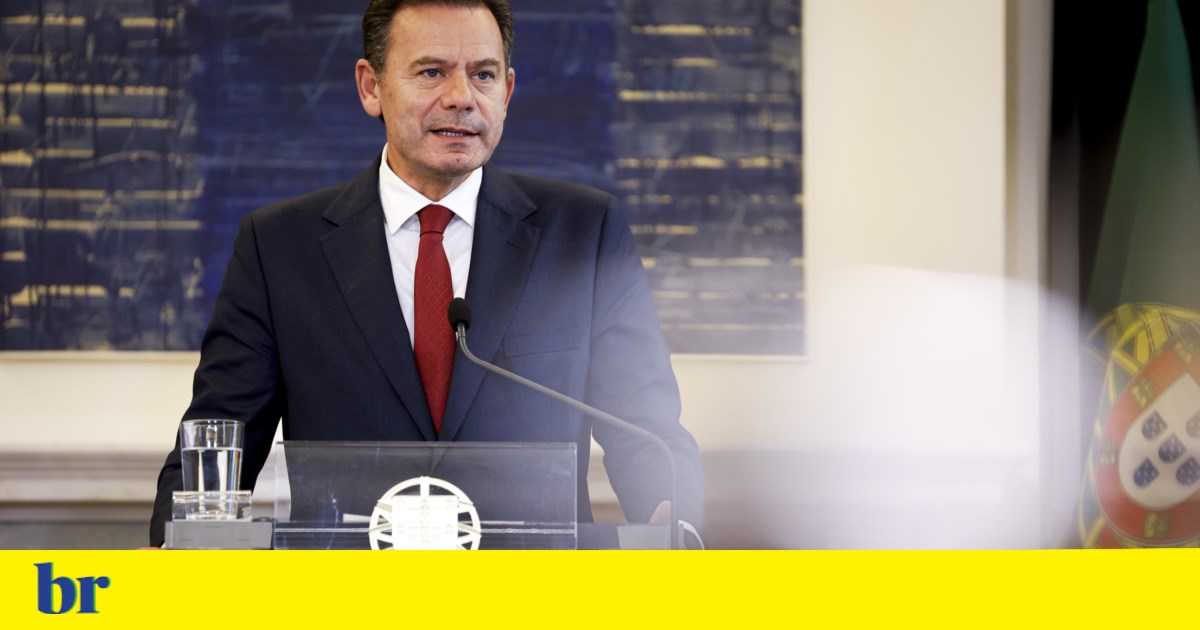New Portuguese Immigration Law Takes Effect, Modifying Visas and Family Reunification
The comprehensive reform of Portugal's Foreigners Law has been officially published in the Diário da República, with the new legal framework becoming effective as of Thursday, October 23. The legislation introduces a series of critical changes impacting work visas, family reunification procedures, and the operational mandates of the Agency for Integration, Migrations, and Asylum (AIMA), which will have significant consequences for all foreign nationals in the country.
A key element of the new law is the formal introduction of a “visto para procura de trabalho qualificado” (visa for seeking qualified work), as stipulated in Article 45. This visa is specifically tailored for highly skilled professionals seeking employment in Portugal. However, Article 46 clarifies that this visa is restricted to Portuguese territory and does not permit employment in other EU member states. General conditions for its issuance, outlined in Article 52, include the requirement of return airline tickets and proof of sufficient financial means for the intended stay.
The legislation also strengthens the authority of Portuguese consulates, which can now deny visas based on prior illegal stays in the country, with entry bans of up to seven years for cases deemed a serious threat (Article 52, nos. 10 and 11). For highly qualified activities, a new provision (Article 57-A) allows a professional to work until the visa expires or a residence permit is granted. If employment is not secured within the 120-day visa period, the individual must leave Portugal and can only reapply after one year. This is a crucial detail for those exploring the job market, a topic often discussed in our expat and investor focus blog.
The rules for family reunification have undergone a major overhaul. Article 98 now establishes a general requirement for the resident to hold a valid permit for at least two years before applying for family members. An exception reduces this to 15 months for a spouse who lived with the resident for at least 18 months in the country of origin. Immediate reunification remains for minor children. Furthermore, the law mandates integration measures, including language courses, upon the granting of residency. The process can be complex, and many seek help from lawyers versed in international property law.
Need Expert Guidance?
Get personalized insights from verified real estate professionals, lawyers, architects, and more.
AIMA is now bound by a nine-month deadline for decisions on these applications, with a single extension possible in exceptional circumstances (Article 104). However, Article 106 introduces stricter grounds for refusal based on public security and health concerns. The law also codifies the legal recourse against AIMA's decisions, channeling them through administrative courts, and sets a final, non-extendable deadline of December 31, 2025, for all applications submitted under a previous transitional decree to be finalized.
The government has also stated its intent to promote bilateral agreements to facilitate the mobility of workers in strategic economic sectors, signaling a more structured and managed immigration policy. An annual report on these efforts will be presented to the Assembly of the Republic. These changes reflect a significant shift in Portugal's approach to immigration, balancing the need for foreign talent with stricter controls and procedures. For more details on legal changes, our legal updates news section is a key resource.
Understand policy impacts on your Portugal property plans at realestate-lisbon.com.



